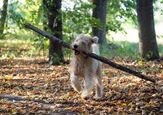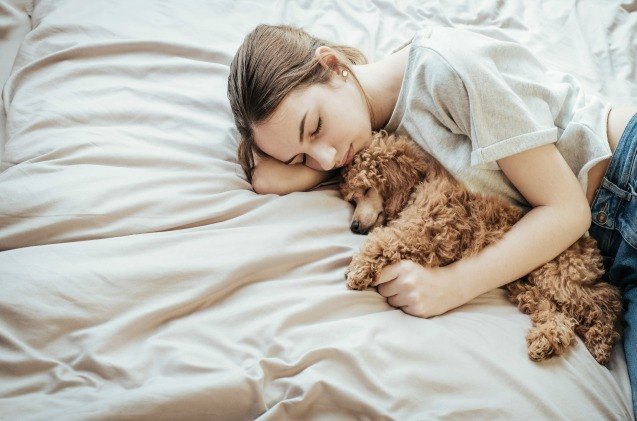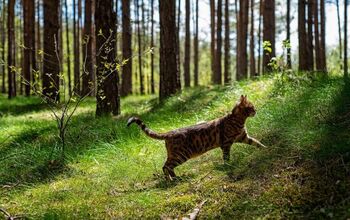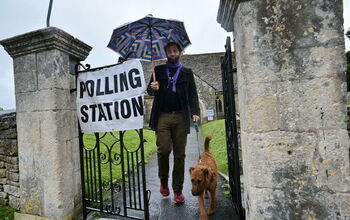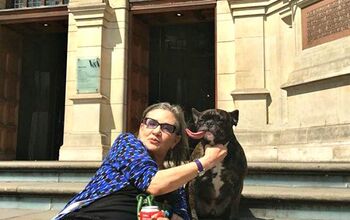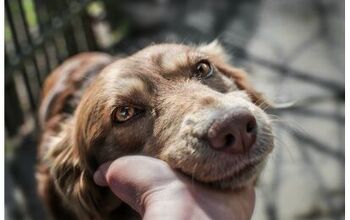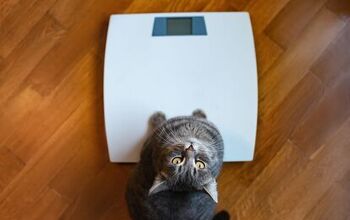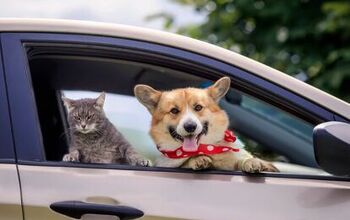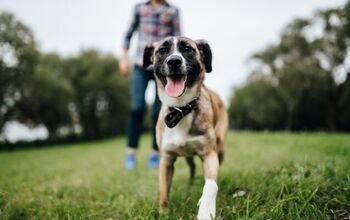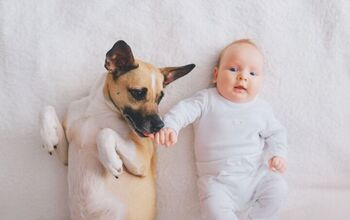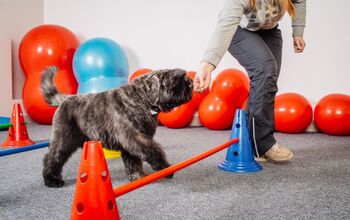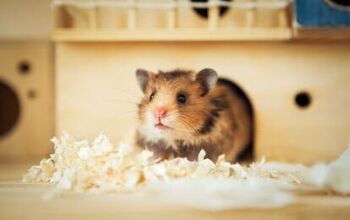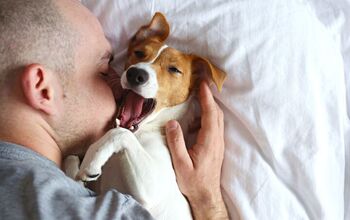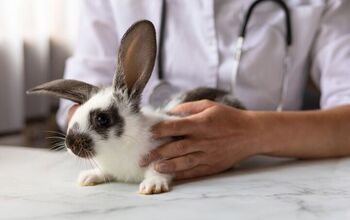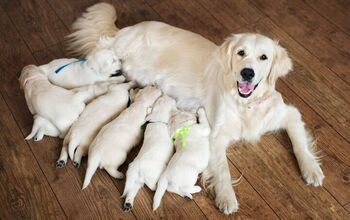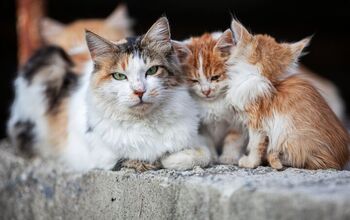When we lose our pets, we feel like we’ve lost pieces of our hearts. Many say that it’s ‘like losing a family member,’ and pet owners agree. But what does science say? Turns out, research suggests that losing one’s pet means the loss of a relationship that is often more gratifying than some with humans, and may indeed be more difficult.
Full disclaimer: My first son died nine years ago. Burying him that cold December day was the hardest thing I’ve ever done in my entire life and it changed me completely. I lost another little boy about two years later while I was still pregnant and that too has impacted me in ways that I didn’t realize they ever could.
But I’ve also had to let three dogs cross the Rainbow Bridge in the last 22 years, most recently my 12-year-old Golden Dixie this summer. And while there is truly nothing like losing one’s child, I’m going to be honest and say that the feelings one has when a pet dies are so similar, for those who’ve never lost a child, it’s probably the closest thing they’ll experience like that.
Related: How To Prepare For Your Dog’s Journey Across The Rainbow Bridge
I don’t say that to be disrespectful. As I said, losing my sons has left me missing them with such intensity that even years later, it still takes my breath away sometimes.
But, when I think of my dogs that who’ve died, I’d be lying if I didn’t say they also brought tears to my eyes still when I think of them sometimes too.
When people mourn the loss of their pets, often they’ll hear things like, “Just remember, it’s just a dog.” In fact, when our Dixie was ill before she died, and a good ‘friend’ told me to keep my grief in perspective because she was just a dog and ‘not a human,’ I kind of wanted to throat-punch her. She stood at my son’s funeral with me. She KNEW how much losing him hurt me. And so, I told her (and maybe not so-kindly before I ‘unfriended’ her) that if losing my DOG was hurting my heart as much as it was, knowing I too know the pain of losing a ‘human’ child, she could be sure that losing one’s dog HURT. A lot.
Research supports that our pets truly are like family to us, and often, we have even more satisfying relationships with our pets than we do many human/blood relatives. Our pets bring us unconditional love and companionship. We form routines and lives around the lives of our pets, and research has even shown that when it comes to ‘misnaming’ (where you call for one of your kids but you go through every family name before you get to his) people pull the dog’s name from the same family pool of names. This does not seem to happen with cats, showing that there is even more childlike responsibility associated with dogs.
Their adorable babylike features don’t help–eyes that longingly look at you with adoration and love, fully showing different emotions when they are excited, scared or guilty…those traits help bond them to us as fellow sentient creatures.
And really, research suggests that as sentient (and adorable creatures) pets manipulate us in many similar ways that our children would/do. Tell me that you don’t equate your puppy looking at you sweetly as you’re carving the turkey much as you would if your five-year-old was doing the same with a candy bar! The ‘parent-child’ like relationship exists, and when it’s gone–we truly feel that loss.
Related: Woman Suffers ‘Broken-Heart Syndrome’ After Beloved Pet Dies
Psychologist Julie Axelrod says that losing our pets mean we also lose our ‘life witnesses. Our pets are often those we turn to when our human counterparts are unavailable, or we prefer not to share with them. They see us at our best and our worst, and they fill our hard days with a joy and fulfillment that many humans simply can’t. For me, this was especially true when we lost Dixie; not only was I losing my sweet baby–I was losing a grief partner. She’d been there for every tear I’d shed as I lost my children, as well as when my living son was born, came home, etc. Dixie walked hand-in-hand with me through the highest and lowest of my days, and losing her was a little like reliving those days again, only without her.
And mostly, I think that when the decision to euthanize for the best interest of the pet comes into play, there is truly a unique loss. We feel guilty for making such decisions, yet we know that they’re the right ones to make. While we question and second-guess, we also bear the burden of being the only ones who can do the right thing for our pets and that’s just an impossible situation to be in. Those situations complicate the grief so much more, and frankly, leave us with feelings and questions that just may never be resolved.
So, is losing your pet harder than losing a person? Science will tell you that it sure can feel like that, and I can completely see why. As one who has buried her child and lost three beloved dogs, I can tell you this: You’ll NEVER hear me say,”It’s just a dog,” and I’ll always give your grief just as much merit and credibility because they’re family.
And losing family hurts.


